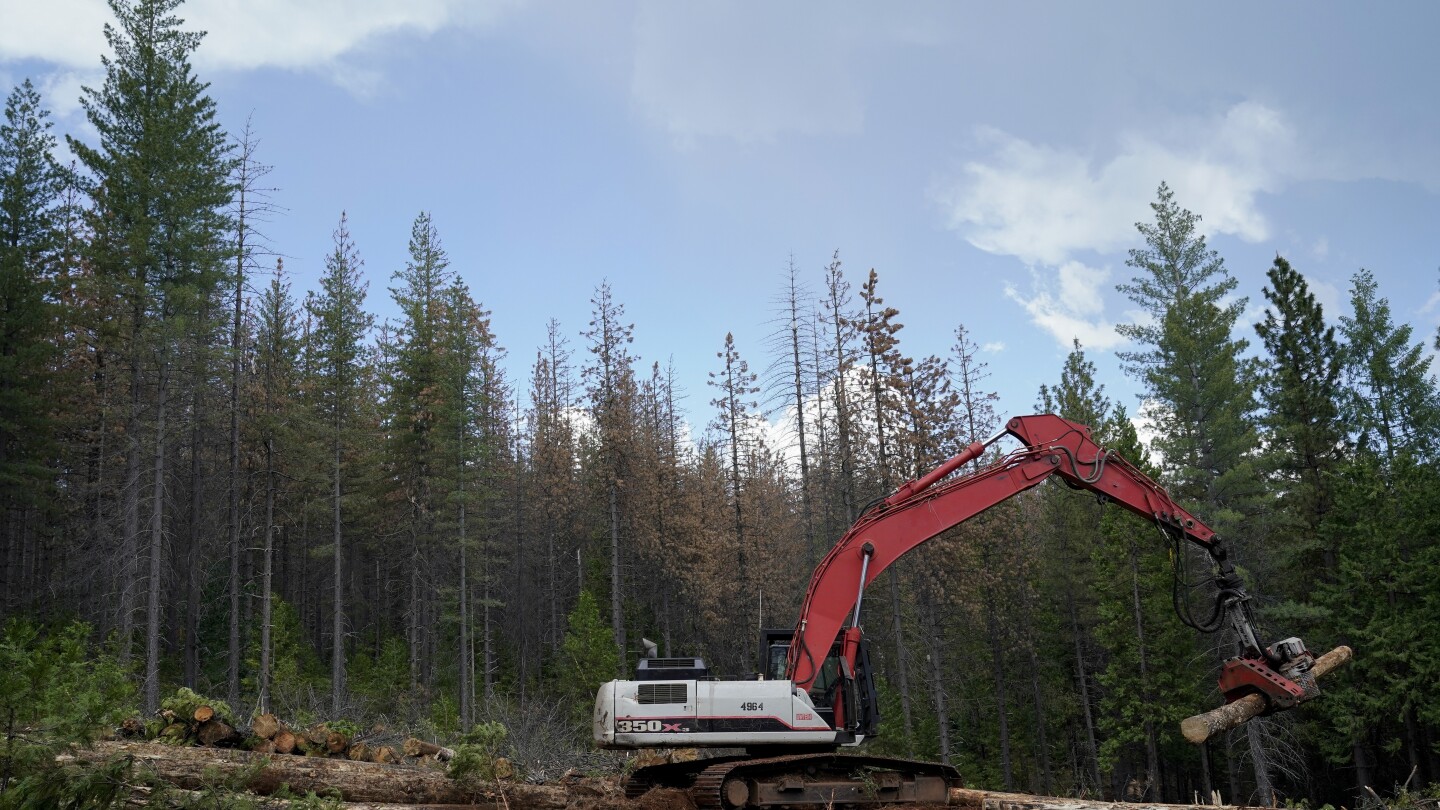Plan aims to revise rule protecting millions of acres
The U.S. government has announced plans to reconsider the 2001 Roadless Rule, which protects nearly 60 million acres of national forests from road construction. The proposal would allow more roads in these areas, with officials arguing that it could enhance wildfire management and firefighting efforts.
According to the U.S. Forest Service, the current restrictions have hindered access for land managers and limited preventive measures. However, ecologists and wildfire scientists warn that increasing road networks could bring unintended consequences, such as higher fire ignition rates and changes in native vegetation.
Differing perspectives on impact
Studies indicate that roads are often ignition points for wildfires due to greater human presence. Road building can also disrupt ecosystems, creating conditions favorable for invasive species. A 2020 Forest Service study found no evidence that eliminating road restrictions improves forest health.
Supporters of the proposal note that roads can sometimes serve as firebreaks and allow faster detection and suppression of fires near populated areas. Still, experts emphasize that such benefits require a targeted and selective approach rather than widespread road expansion.
What comes next
The administration’s proposal triggers a public comment period ending September 19. Environmental organizations argue that the move may be more connected to timber production goals than to wildfire mitigation. Former Forest Service officials point out that the current rule already allows limited exceptions for forest health projects or fire risk reduction.
This ongoing debate highlights the challenge of balancing environmental protection with forest management and wildfire prevention strategies in the United States.







